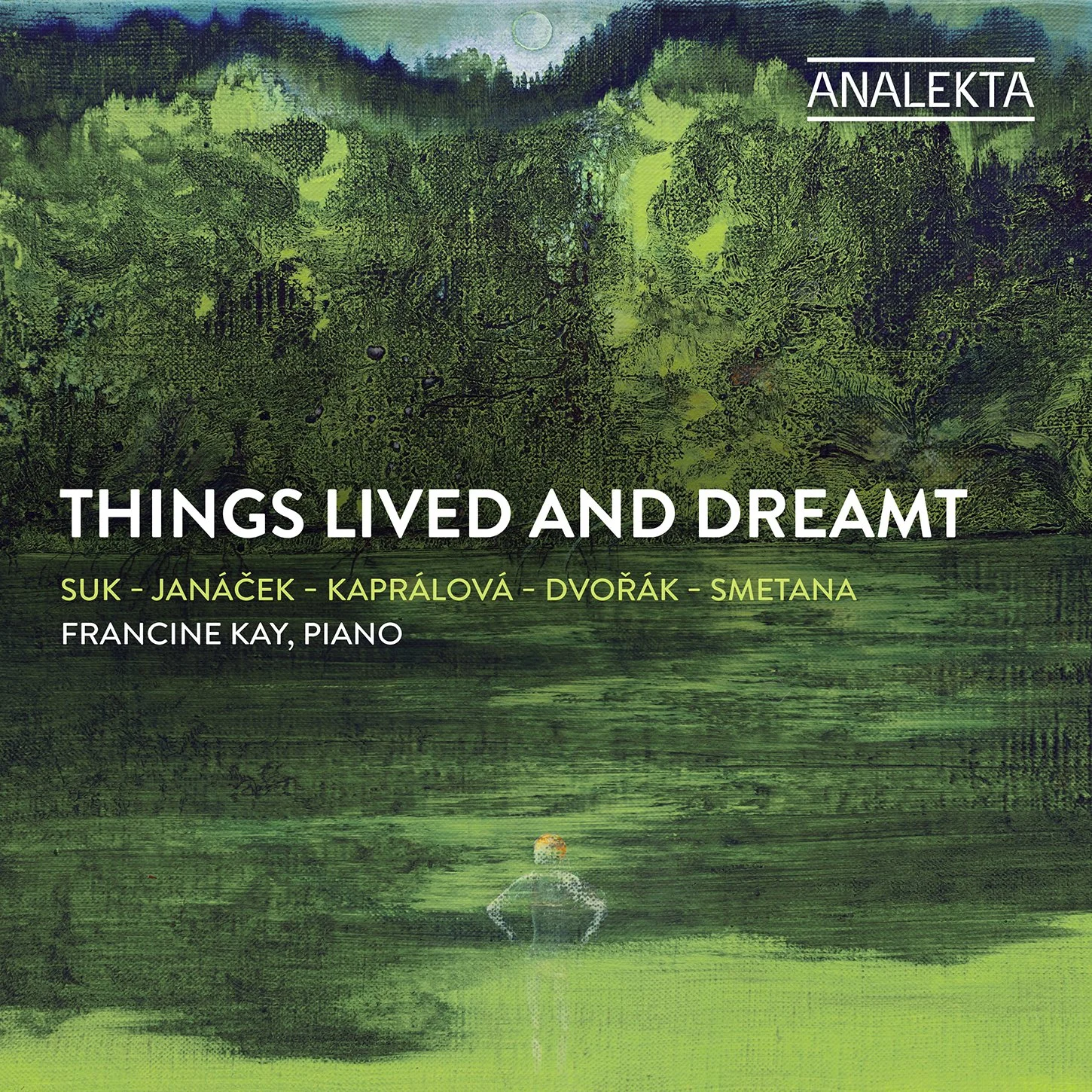"MUSIC WE’VE CREATED, MUSIC THAT HAS SHAPED US, MUSIC WOVEN THROUGH WASHINGTON HEIGHTS’ TAPESTRY OF CULTURES"
Head uptown for the Washington Heights Chamber Orchestra's 2019/20 season of symphonies, concertos, chamber music, and more. Highlights include:
Music from the Caribbean - opening with Puerto Rican composer Angélica Negrón’s What Keeps Me Awake, WHCO's season includes Valerie Coleman's Afro-Cuban Concerto, as well as music by Dominican composers José Dolores Cerón and Bienvenido Bustamante.
Guest artists - joining WHCO this season are acclaimed guest artists Nilko Andreas (guitar), Amos Fayette (violin), Abigail Fischer (soprano), and Patrick Bartley (alto saxophone).
Great works of the past - in addition to celebrating Beethoven's 250th anniversary with his 5th Symphony, this season includes landmarks of orchestral repertoire from Brahms' Symphony No. 4 to Dvořák's Symphony No. 8 .
Composers from Washington Heights - 'Buy Local'? How about 'Play Local'? Featuring works by Aaron Jay Kernis, Jessica Meyer, Žibuoklė Martinaitytė, Peter Gordon, and more, WHCO's 2019/20 season features many works by composers from Washington Heights.
Tickets to all shows: Adults $5 in advance / $7 at the door | Students ages 17 and under FREE | Young listeners welcome
Based in the Upper Manhattan neighborhood of New York City, the Washington Heights Chamber Orchestra is a professional ensemble that presents affordable and accessible concerts to the community. 2019/20 marks the orchestra’s fifth season. Comprised of musicians from Upper Manhattan, the orchestra presents engaging concerts with a diverse repertoire; including favorite classical works, genre bending crossover pieces, and works by living composers. The WHCO was founded in 2015 by conductor and music director Chris Whittaker. The WHCO strives to engage the people of Washington Heights and neighboring communities through exemplary musical performances and innovative educational programming. The WHCO is a non-profit performing arts organization.
WHCO's 2019/20 Season
What Keeps Me Awake
October 18, 7:00 pm @ George Washington Educational Campus - (549 Audubon Ave.)
October 19, 3:00 pm @ Fort Washington Collegiate Church (729 W. 181st St.)
The Washington Heights Chamber Orchestra kicks-off its fifth season with Angélica Negrón’s probing and wandering soundscape What Keeps Me Awake, Brahms’ simmering 4th symphony, and Villa-Lobos' Guitar Concerto with soloist Nilko Andreas. Friends of WHCO are invited after Saturday's concert for a post-concert reception featuring a neighborhood coffee tasting.
Program
Angélica Negrón: What Keeps Me Awake
Heitor Villa-Lobos: Guitar Concerto, featuring soloist Nilko Andreas
Johannes Brahms: Symphony No. 4 in E minor, Op. 98
Arroz con Schnitzel
November 15, 8:00 pm @ Our Savior’s Atonement Lutheran (178 Bennett Ave.)
November 16, 3:00 pm @ Fort Washington Collegiate Church (729 W. 181st St.)
Enjoy a distinctive musical dinner as tasty and diverse as schnitzel and rice! The concert features Washington Heights-native Valerie Coleman’s “Afro-Cuban Concerto,” Mozart’s timeless Clarinet Quintet, featuring WHCO principal strings and clarinetist John Hong, and Arnold Schoenberg’s revolutionary Chamber Symphony that launched his new expressionist style and sparked the creation of the 2nd Viennese school of composition. Friends of WHCO are invited after Saturday's concert for a post-concert reception featuring local food and a group salsa dance lesson.
Program
Valerie Coleman: Afro-Cuban Concerto
Wolfgang Amadeus Mozart: Clarinet Quintet in A, K. 581
Arnold Schoenberg: Chamber Symphony No. 1 in E major, Op. 9
Melodies Pour Out of Me
February 7, 2020 7:00 pm @ George Washington Educational Campus - (549 Audubon Ave.)
February 8, 3:00 pm @ Fort Washington Collegiate Church (729 W. 181st St.)
It’s the summer of 1889, and Antonín Dvořák is on fire. He’s just about to begin composing what would become his eighth symphony, and he writes to his friend with unabashed confidence: “It’s going unexpectedly easily… the melodies simply pour out of me!” This concert features melodically bold music from three centuries. Cerón’s A la caída de la tarde (At the End of the Afternoon) is a beautifully nostalgic and flowing soundscape from the Dominican classical tradition. Music Director Chris Whittaker presents his new violin concerto for former WHCO-concertmaster Amos Fayette. The concert concludes with Dvořák's sublime and melodious 8th Symphony. Friends of WHCO are invited after Saturday's concert for a post-concert reception featuring a local beer tasting.
Program
José Dolores Cerón: A la caída de la tarde
Chris Whittaker: Violin Concerto featuring Amos Fayette
Antonín Dvořák: Symphony No. 8 in G, Op. 88
Above 155th Street
March 20, 8:00 pm @ Our Savior’s Atonement Lutheran (178 Bennett Ave.)
March 21, 3:00 pm @ Fort Washington Collegiate Church (729 W. 181st St.)
A musical snapshot of a time and place: the community of classical composers and performers living in Washington Heights. Featuring works by Aaron Jay Kernis, Jessica Meyer, Žibuoklė Martinaitytė, Peter Gordon, and Joel Hoffman, the Strings of WHCO perform works by a collection of compelling Uptown voices for a concert you’ll only find above 155th street. Friends of WHCO are invited after Saturday's concert for a post-concert reception featuring tastings from neighborhood restaurants.
Program
Peter Gordon: Magic and Transformation
Žibuoklė Martinaitytė: Sort Sol
Aaron Jay Kernis: Sarabanda in Memoriam
Jessica Meyer: Through Which We Flow
Joel Hoffman: Crossing Points
Strings of the Washington Heights Chamber Orchestra
Chris Whittaker, Music Director
Your Distant Destiny
May 15, 7:00 pm @ George Washington Educational Campus - (549 Audubon Ave.)
May 16, 3:00 pm @ Fort Washington Collegiate Church (729 W. 181st St.)
The final program of the season pairs a new chamber orchestra version of Paul Brantley's On the Pulse of the Morning featuring soprano Abigail Fischer with Dominican-composer Bienvenido Bustamante's rarely heard Concierto para Saxofón featuring Patrick Bartley on Alto Saxophone. The season closes with Beethoven's monumental Symphony No. 5 in C minor, Op. 67, in celebration of the 250th anniversary of Beethoven's birth.
Program
Paul Brantley: On the Pulse of Morning featuring Abigail Fischer, Soprano (New chamber orchestra version, commissioned on the work’s 25th anniversary)
Bienvenido Bustamante: Concierto para Saxofón featuring Patrick Bartley, Alto Saxophone
Ludwig van Beethoven: Symphony No. 5 in C minor, Op. 67





